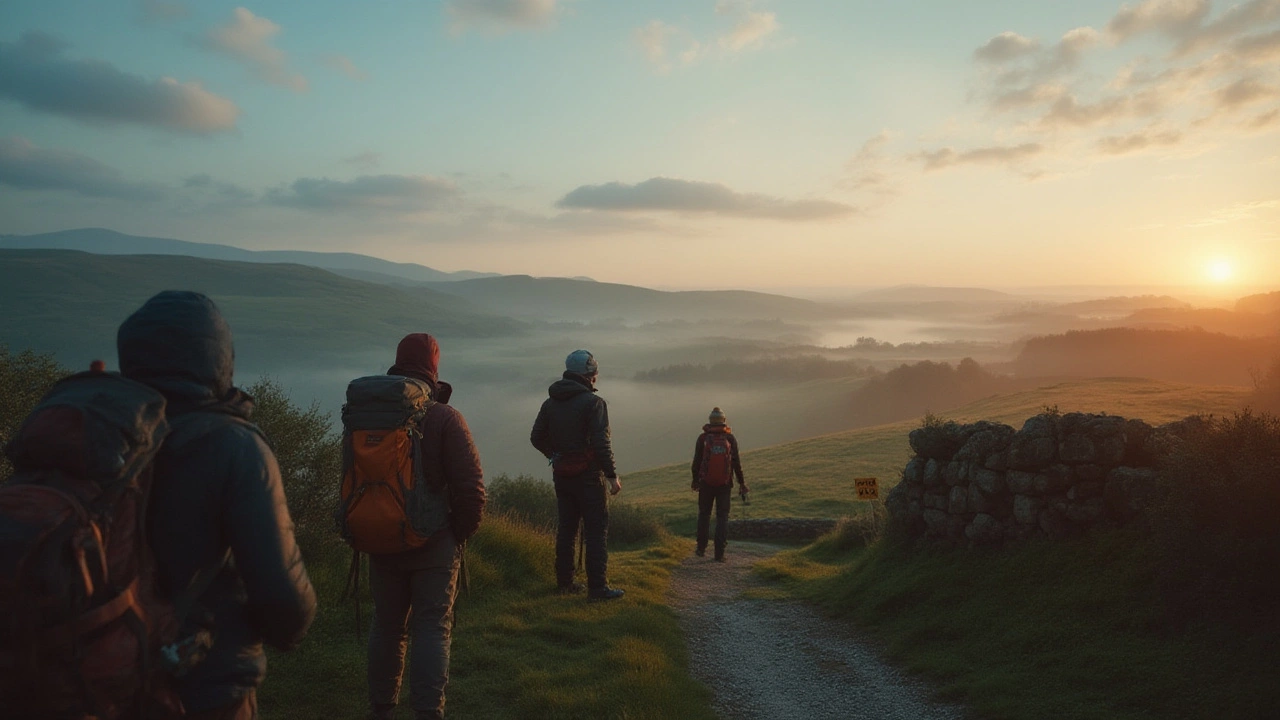UK Outdoor Laws: What You Need to Know Before You Set Up Camp
Thinking of sleeping under the stars, pitching a tent on a beach, or parking your motorhome in a public park? The UK has a patchwork of rules that can feel confusing, but you don’t have to guess. Below we break down the key laws you’ll meet on a typical road‑trip, point out the safest spots, and give practical tips to avoid fines.
Camping on Beaches and Coastal Areas
Beach camping is a popular dream, but the law varies by region. In England and Wales, most local byelaws forbid overnight stays on most beaches, especially where there are lifeboat stations or high foot traffic. Scotland is different – the Scottish Outdoor Access Code lets you camp responsibly on most coastlines, as long as you respect the environment and stay away from private land.
Practical tip: always check the council’s website or local signs before setting up. If you’re in England, look for designated campsites or areas with specific permission. In Scotland, follow the “leave no trace” rule – no fire, no litter, and move on after a night or two.
Public Parks, Country Parks and Urban Green Spaces
Many people assume a public park is free‑for‑all, but most UK parks prohibit overnight stays. Some larger country parks allow “car camping” in designated car parks, but you’ll need to pay a small fee and follow clearance limits (often a maximum of 24‑hour stays).
Before you park your van, look for signs that say “No Camping” or “Overnight Parking Only”. If the sign is unclear, call the park office – a quick phone call can save you a ticket. In most cases, a short nap in the driver’s seat is fine, but a tent or full‑time stay usually isn’t.
For city dwellers, the best legal option is a certified “urban camping” site. These are often run by local councils and provide basic facilities like water and waste disposal. They’re cheap, safe, and keep you out of trouble.
Remember, the UK enforces fines for illegal camping – they can range from £150 to £300, plus potential removal costs. It’s not worth the hassle, especially when you can find a legal spot in minutes.
Wild Camping in England, Wales and Northern Ireland
Wild camping in England, Wales and Northern Ireland is essentially a gray area. Landowners can ask you to leave, and many popular spots have private owners who will enforce that right. However, the Countryside and Rights of Way Act 2000 (CRoW) gives you the right to walk on open country, but not to camp.
What works best is a “stealth” approach: choose discreet spots away from roads, set up a low‑profile tent, and leave no trace. Limit your stay to one night, keep noise down, and be ready to move if asked. If you’re unsure, check the local council’s policy – some areas have “wild camping permitted” signs.
For first‑timers, start with Scotland’s generous access rules, then work your way south as you get comfortable with the etiquette.
Motorhome and Campervan Rules
Motorhomes enjoy a bit more flexibility because they’re considered vehicles. You can usually park overnight in designated “motorhome bays” at service stations, supermarkets, or some B&Bs – but always look for signage that says “overnight stay permitted”. Some petrol stations allow a 12‑hour stay; others need a fee.
Do not park on private residential streets unless you have explicit permission. Doing so can lead to a tow or fine. When in doubt, use a dedicated motorhome campsite – they often have power, waste disposal, and shower facilities, making your trip more comfortable.
Finally, keep your waste responsibly. Empty your toilet into designated dump stations and never leave rubbish behind. This not only keeps the environment clean but also builds goodwill with locals, reducing the chance of stricter regulations.
By understanding the basics of UK outdoor laws and respecting local rules, you’ll enjoy hassle‑free adventures across the countryside, coastlines, and cities. Grab your map, check the signs, and hit the road with confidence – the great outdoors is waiting, and it’s legal to explore it the right way.
Wild Camping Laws in the UK: Why Is Camping in the Wild Illegal?
Curious why wild camping is illegal in most of the UK? Find out what makes the laws unique, how land rights affect campers, and where you can (and can't) sleep under the stars.
